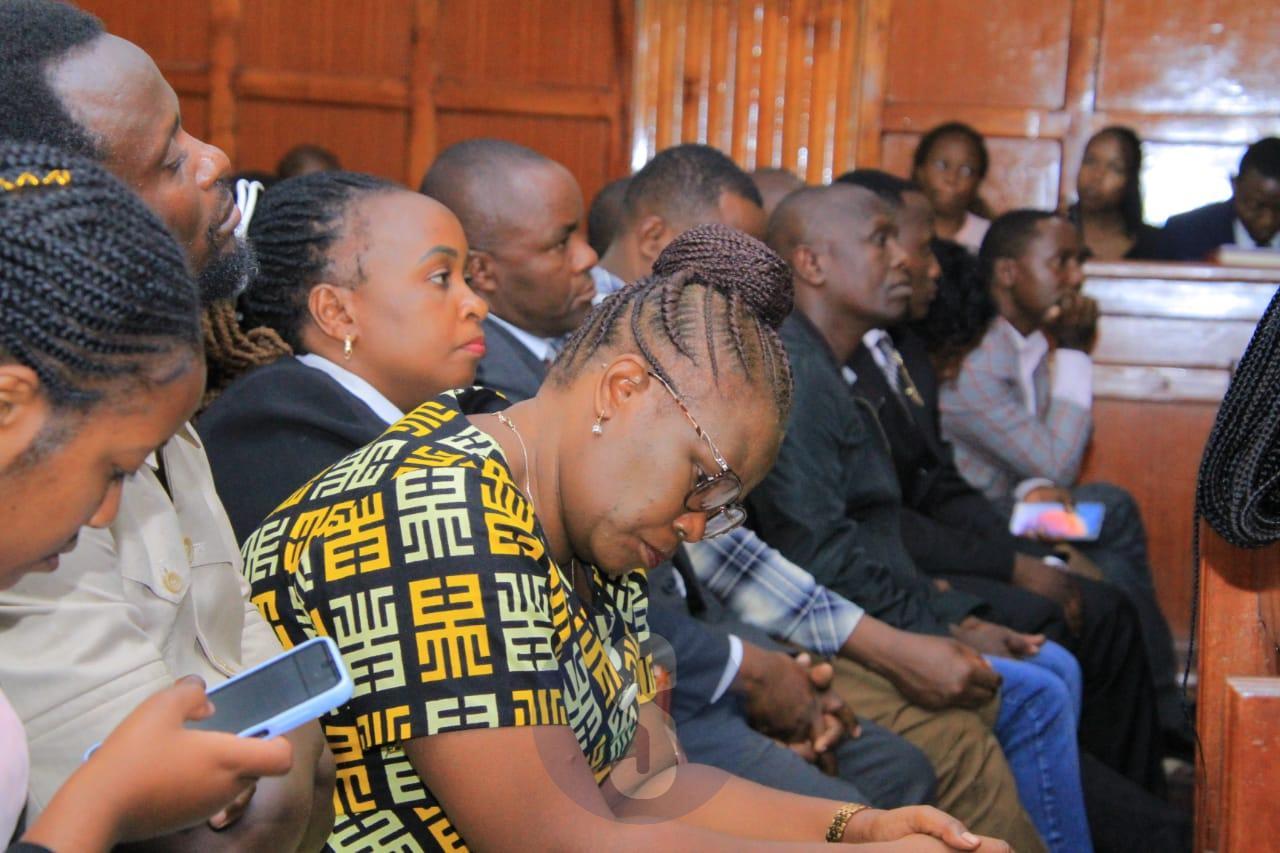An already irate trader at a popular local market sputters his angry protests at me as I negotiate for a discount.
In the muddy, leaky, marshland market, electricity is intermittent and the relentless rain threatens to cave in the green corrugated iron sheets.
There’s a sharper edge to the usually playful banter we share before he relents to a discount and I concede to a price, it’s the restless frustration of feeling powerless against a flood of ill-timed and apathetic taxes.
He indicts an amorphous ‘Nyinyi’ as the culprit who invited the hustler menace into power, unwilling or unable to remember the enthusiastic campaigns he undertook on their behalf.
He is but one of the bitter many, a legion that has exponentially grown with the circulation of the Finance Bill 2024.
Out of the 60 provisions assessed in the Finance Bill, fewer than one-third (30 per cent) were deemed non-problematic.
Within this subset of non-problematic provisions, 18 per cent offered regulatory clarity, while only 6.67 per cent entailed tax benefits for the public.
At least 23 per cent of provisions were targeted at special interest groups, ranging from alcohol manufacturers to the Ajira digital platform program.
Notably, the cabinet secretary responsible for the national treasury is awarded the discretion to exempt spirits made from agricultural products from excise duty.
A special interest that stands out in this administration’s seemingly staunch tea-total stance.
The crucial point to note is that nearly half (46.7 percent) of the provisions in the Finance Bill are, at best, incongruent with the development agenda championed by Kenya Kwanza.
Specifically, repealing the lower income tax rate for a company constructing one hundred residential units annually has the potential to disincentivize the private sector, instrumental in achieving the goal of Affordable Housing.
At worst, some of the provisions in this subset have the potential to retard the financial services sector, dampening our global innovations such as M-Pesa.
Provisions such as the Economic Presence Act and the requirement to register Kenyans working abroad with a KRA pin inexplicably reach beyond the jurisdiction of the Kenyan Tax service.
Finally, the kicker is the raft of new tax obligations that seem to kick the Kenyan ‘hustler’ while they are down.
It’s not that the bitter many who face these taxes do not understand the implications of Kenya’s debt distress and the bitter pill of austerity administered by our Western policy overlords.
It’s the flagrant double standard of government wastage, corruption and inefficiency that is causing a new simmering discontent.
As we watch one cabinet secretary after another commit what can easily qualify as acts of treason, protected by the political class, the allegedly undertaxed mass of Kenyans question the common sense of increasing taxes without tackling corruption.
The people question the intent of foreign lending institutions that lend millions of dollars to this political class under opaque terms and conditions fully aware of the millions of dollars in offshore accounts held by said treasonous politicians contrasting the prescribing punitive measures of austerity the people endure.
We challenge that if half of the enthusiasm this administration has demonstrated in tax policy was applied to its anti-corruption policy, the legitimacy it would cultivate would organically increase its tax base.
The social contract that put the Kenya Kwanza government in power is under threat.
As many lose income, more lose confidence in the willingness and the ability of the Kenya Kwanza administration to hold its end of the hustler bargain.
The writer is a policy analyst.











